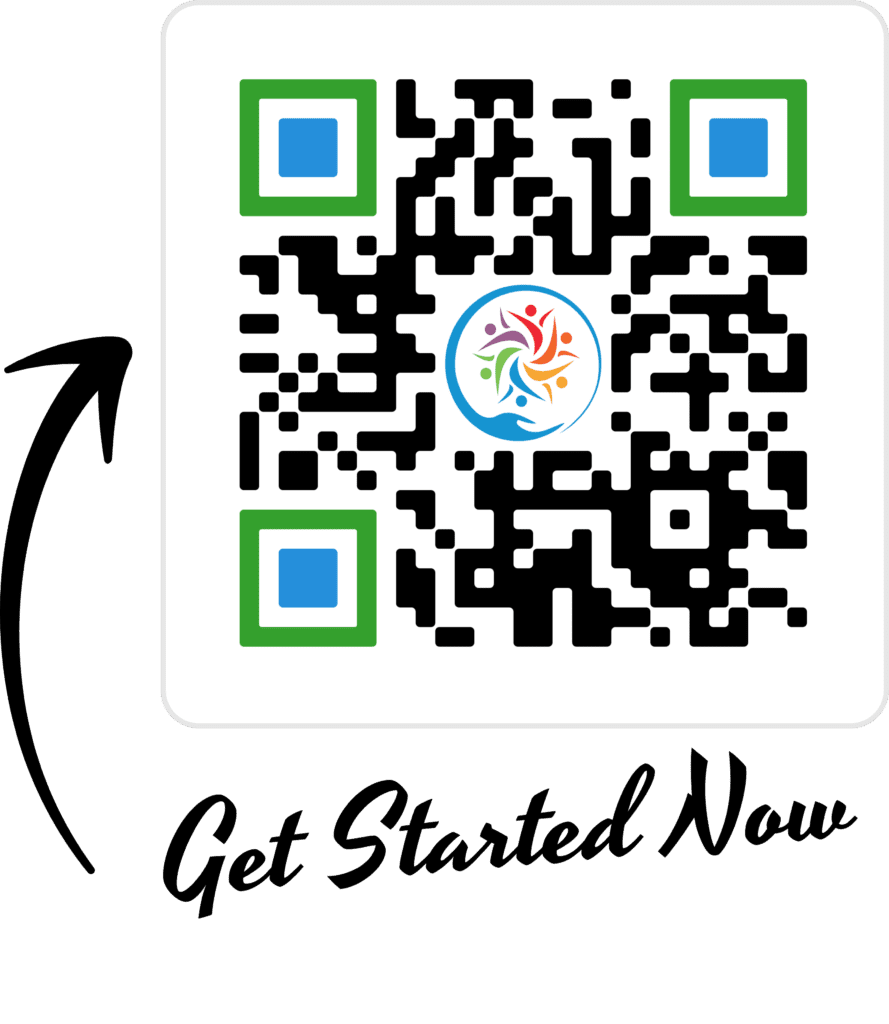
At Maryland Wellness, our trained Substance Use Disorder (SUD)/Addictions Counselors incorporate a variety of treatment modalities, including intensive outpatient and outpatient groups to support clients in developing a recovery-based lifestyle. Our goal is to help each person improve social/cognitive functioning, as well as coping skills, surrounding their wellness, recovery and resiliency.
The following is a Q&A with Patrice Paris, LCPC, NCC, CCTP (she/her), Program Director, SUD/Addictions Counseling. Patrice has more than 10 years of experience as a mental health and SUD counselor. She originally started her career helping those battling addictions, providing clinical interventions and intensive group counseling. She brings a deep and meaningful background to Maryland Wellness’ Substance Use Disorder program, including experience as a family therapist, a counselor within the Baltimore County Detention Center and a Psychiatric Rehabilitation Program (PRP) director. She loves helping clients solve their problems and seeing how happy they become when they achieve their goals.
What is the primary goal of Maryland Wellness’ SUD/Addictions Counseling program?
Our goal is to assist clients with developing and maintaining skills for sober living that facilitate adjustment and integration within their environments and communities. Clients and family members are empowered to make decisions about their care with the expected outcome of increased quality of life. We do so by fully addressing all of the complexities of alcohol and drug addictions.
How is what we do different from other treatment programs?
Unlike many addiction treatment programs, our program is patient-driven as evidenced by our dedication to client advocacy. We do not simply focus on the length of stay based on the program itself; rather, we focus on the length of stay based on client needs and progress with treatment. When clients have successfully completed treatment with Maryland Wellness, we address their discharge on a continuum and do our due diligence to ensure that clients will continue to receive the best aftercare even beyond our program.
How are family members involved in the counseling process? How does the program address the impact of addiction on loved ones?
The recovery process affects the family system, therefore including family members and other supportive persons is a benefit to the recovery journey for our clients. Our treatment model requires family or other supportive persons to engage in conjoint and family group sessions because it is crucial to keeping clients committed to treatment. Studies have shown that treatment success increases immensely when family members and other supportive persons become educated on changes that will occur as recovery proceeds.
How is the SUD program integrated with our other services like therapy, medication management and our Psychiatric Rehabilitation Program (PRP)?
The SUD program is a new addition to the already dynamic services that Maryland Wellness provides, including therapy, medication management and (PRP). Adding the SUD program to these other existing support programs displays Maryland Wellness’ commitment to meeting all of the needs of the community we serve. With these programs in place, it ensures that the SUD program has the appropriate support from other programs to enhance wrap-around support for SUD clients across the psychosocial spectrum. In addition, the majority of the individuals who work with us for substance use disorder treatment also have a co-occurring mental health condition – we are able to create a cohesive treatment team to ensure our clients get the full level of support they need.
How do we support individuals who may be hesitant or resistant to seek help for their addiction?
We meet clients where they are. We do our best to be supportive of our clients, no matter what stage of change they are in. Our client-driven, harm-reduction-informed approach grants our counselors the flexibility to support clients by working with them to resolve ambivalence. Our Intensive Outpatient (IOP) and Outpatient (OP) groups are open-ended, meaning clients may begin the group at any point. There are no black-out periods for our groups, and clients are more than welcome to start attending group treatment shortly after admission.
What can clients expect the first time they visit?
Clients can expect a warm welcome and orientation to the SUD program. The Maryland Wellness SUD team is super excited to be a part of our clients’ journeys to recovery and willing to assist in any way they can to ensure clients feel supported throughout their time with us.
What role does aftercare and relapse prevention play in the counseling program?
We not only complete a thorough discharge plan with clients in the early stages of treatment, we also ensure a seamless transition to other services. Within 30 days of discharge from the program, the SUD Counselor and client will work on their transition to an appropriate aftercare provider for continued social support. Thirty days after the client has transitioned to aftercare, the SUD Counselor will contact the aftercare provider for follow-up. Clients are well informed that they may return to treatment with Maryland Wellness if they have returned to use.
Learn more about our Substance Use Disorder (SUD)/Addictions Counseling program.
Please contact Maryland Wellness at 410-314-1030, at info@mdwellness.org or via our quick form if you are in need of support. We are here for you you, and you matter to us!
